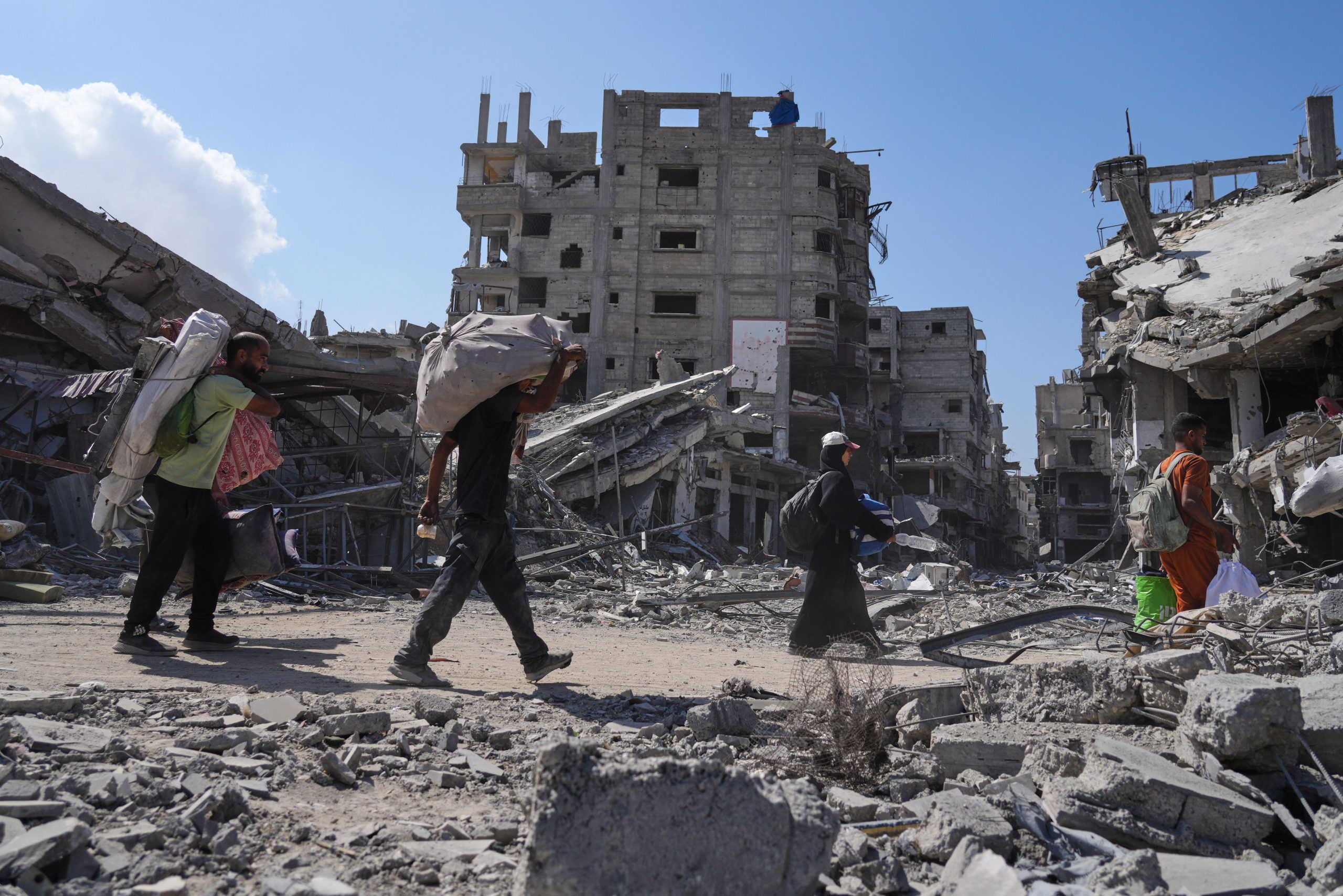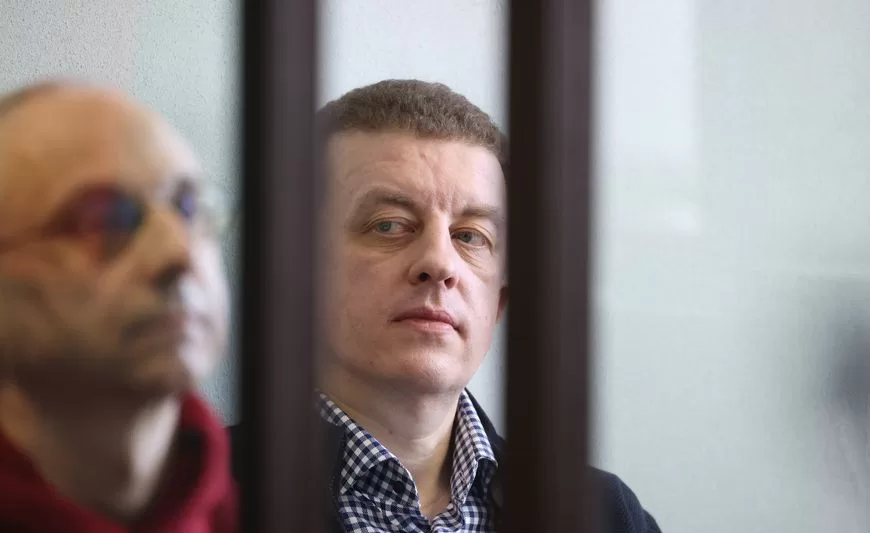Last week, British singer Robbie Williams announced the cancellation of his concert in Istanbul. The decision was made by city authorities who deemed it “unsafe” for him to perform. Williams, who is married to a Turkish-born Jewish woman and raising his children Jewish had in the days before been targeted by Turkish social media accounts and NGOs who called for the event to be scrapped. Also last weekend, hundreds were arrested in London for protesting the banning of Palestine Action, and the same last Tuesday for a man holding up The New World, a magazine which had a montage on its front cover referring to the proscribed group.
The world just marked two years since 7 October. Some commemorated the victims of that day. Others remembered those who have been killed since. Many mourned both. A ceasefire is now agreed and let’s hope it’s lasting. In addition to the devastating destruction and loss of life, as the above examples show, free speech has deteriorated rapidly.
It happened from day one. Journalists and activists were killed in Israel. The war then quickly became the deadliest for media workers since records began. Hundreds of Palestinian journalists have now been killed. International journalists have been barred throughout. This has resulted in huge blind spots, a constant tussle over the narrative and Hamas’ retribution against dissenters circulating only in fragments online.
It’s hard to argue that the Palestinian cause has been silenced overall. This is likely the most talked-about conflict of our time. It has dominated global headlines. Protests are held regularly in town centres. Palestine badges adorn the outfits of many and flags drape from windows. But that doesn’t mean all pro-Palestine speech has been protected. Across the world, campus protests have been shut down. Students have been disappeared in the USA. Writers have lost awards, others their jobs. Just this week, someone told us they were denied entry to the BBC’s Graham Norton Show simply for wearing a watermelon broach.
Too often criticism of Israel has been wrongly equated with antisemitism. That conflation not only damages free speech but obscures real antisemitism, allowing genuine bigotry to slip by, like that of an NHS doctor whose hatred for Jews was barely veiled.
This isn’t just about the silencing of Palestinian solidarity. Israeli voices have been shut down too. Singers and artists have seen shows cancelled for either not saying the right thing or not saying anything at all. Jewish writers have approached me to say they feel pushed out of the publishing world, with calls to boycott them apparently trending on BookTok. Venues in Edinburgh removed two Jewish comedians from the Fringe bill. I know of someone bullied out of their workplace for platforming Israeli voices. As with pro-Palestinian voices, the list of those cancelled is long, two years on.
It’s become a grotesque carnival, voices silenced from every direction. Such toxicity has limited the space for dialogue and squeezed out many in the moderate middle. Now the extremes typically dominate: apologists for Hamas on the one side, defenders of Netanyahu on the other.
It can feel trivial to complain about speech when children are dying. But it’s not. Free speech underpins every human right. Without it injustice multiplies in silence. The retreat from the principle has been a woeful chapter in this horrendous story.






